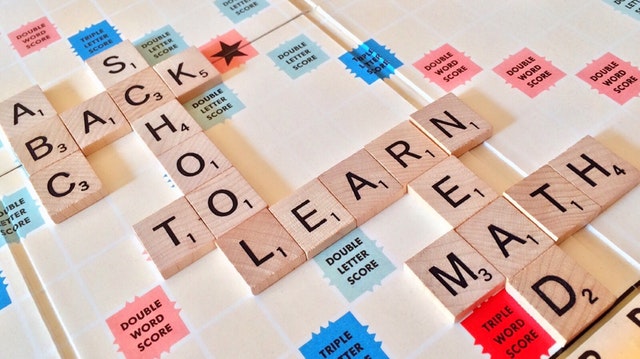The time has come to think ahead to the new school year. My clients have already started rolling their eyes when I say we need to think ahead to the school transition, and I’m sure you get a similar response. Some of your kids may be excited about getting back to school, while others are much more resistant. As a parent, it will be important for you to consider where the resistance is coming from in order to respond effectively. The resistance may look like avoidance of summer assignments, not wanting to attend back-to-school events, irritability as the schedule becomes more rigid, or negative statements about their abilities. One of the main goals of addressing their emotional response is to lessen avoidance coping (move away from the stressor, so I don’t have to deal with it), and increase approach coping (do things on purpose that help me stay engaged with the stressor).
Before you start switching to an earlier bedtime and talking about school more regularly, spend some time thinking about the emotional experience your child has at school. Consider what emotions they take on when they walk into the building, as if there is a bag of emotions waiting there for them to carry. Is the bag full of excitement and interpersonal connection? Does the bag hold self-doubt and social disconnection? Is there worry or resentment towards other students? If you are not sure what is in their bag, ask! We each carry different emotions with us in different situations, so you can give them examples of how you may feel different at your home than you do at work, which is different still from how you feel at a friends’ house or at community events. Think about their past experiences and what emotions have been added to this imaginary bag. While summer may lessen the intensity of those emotions, for some kids they are still there at the school entrance, waiting to be picked up.
If your child experiences academic difficulties
-
- Highlight areas of growth in past years, and ask them to set some personal goals. Their goals don’t have to be measured by grades or test scores, it could be about completing hard assignments with more positive attitude or finding a book they actually enjoyed reading.
- Go back and find the comments on report cards that highlight positive character strengths, and point out how those traits will be valuable to them in school, relationships, jobs, and other areas of life, and that there should be pride in those traits no matter the letter grades.
If your child experiences social disconnection or social skill deficits
-
- Help them find similarities between themselves and others.
- Highlight moments of social connection, even brief minor ones, since they may already be focused on signs of disconnection.
- Rehearse comments and questions that would be appropriate to say when seeing someone for the first time since the end of the last school year.
If your child experiences anxiety about academic performance
-
- We learn more effectively if we do not have significantly elevated stress or worry. Since we can’t avoid the anxiety-provoking task of studying, and we also can’t study while emotionally distressed, we need to couple emotion coping with studying. Learn and practice some anxiety coping exercises together, which often include deep breathing, physical relaxation, and mindfulness skills. Talk about preparing a toolbox to use for when they feel worried about school, and if you decide not to create an actual container with coping tools in it (breathing scripts, stress ball, putty, lotion, candles), at least create a list of things they have tried and found helpful, and keep a couple copies around the house for when it’s needed.

